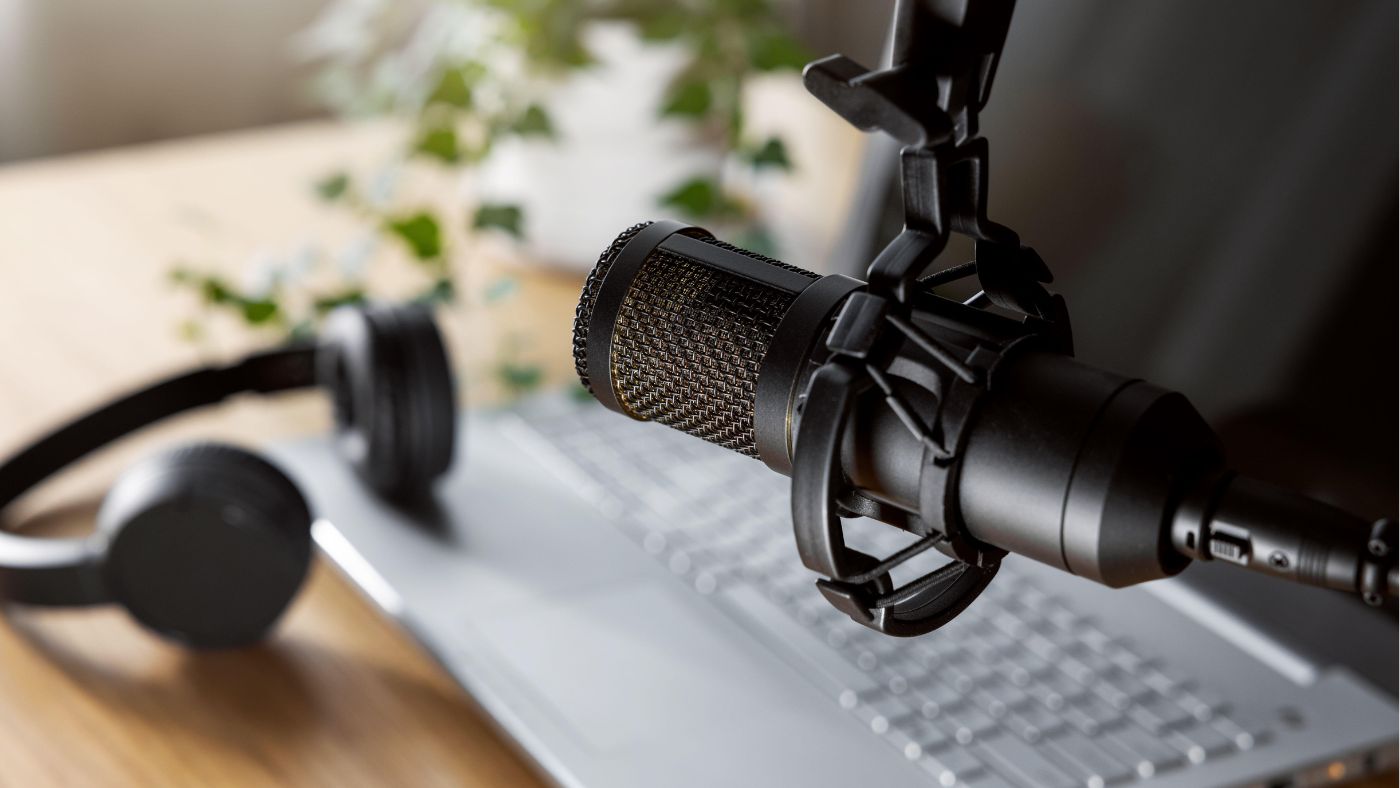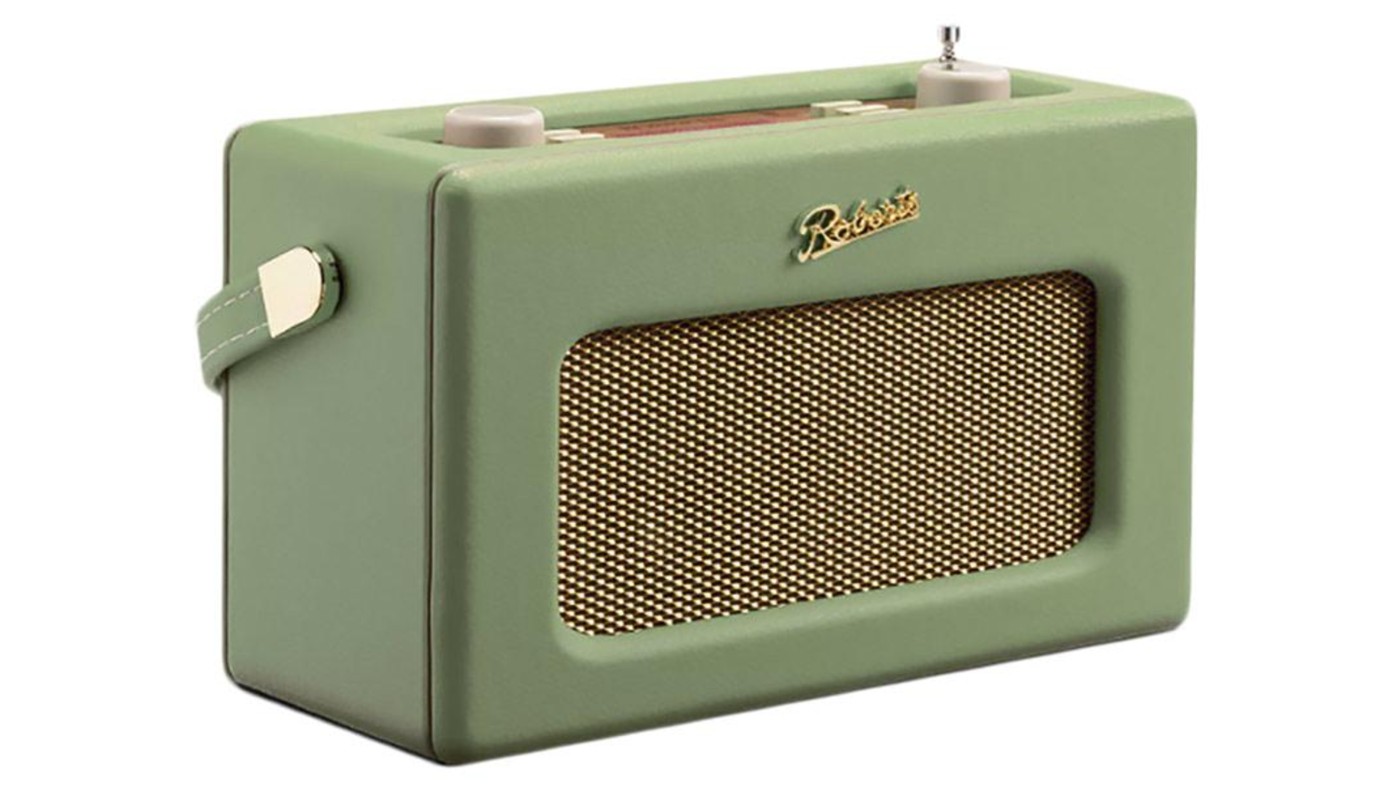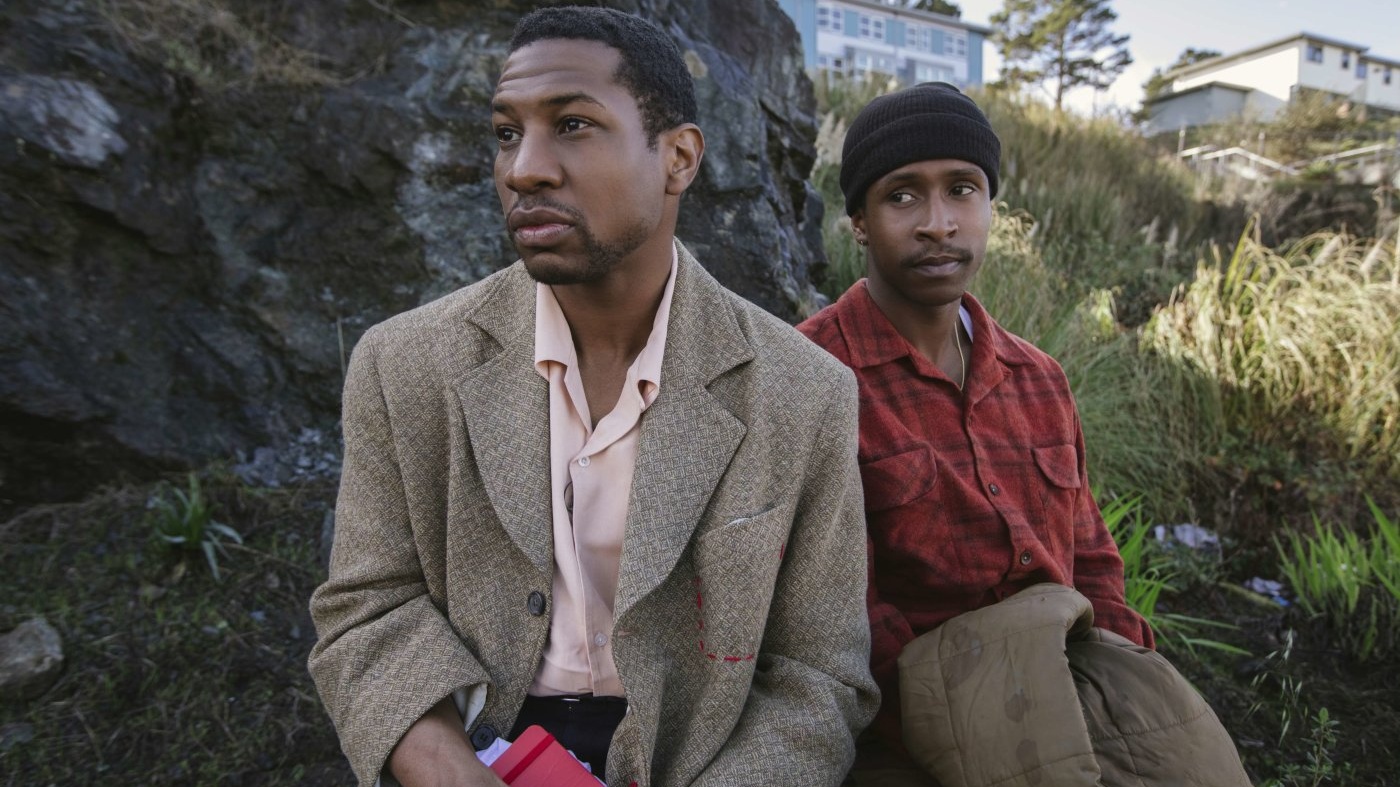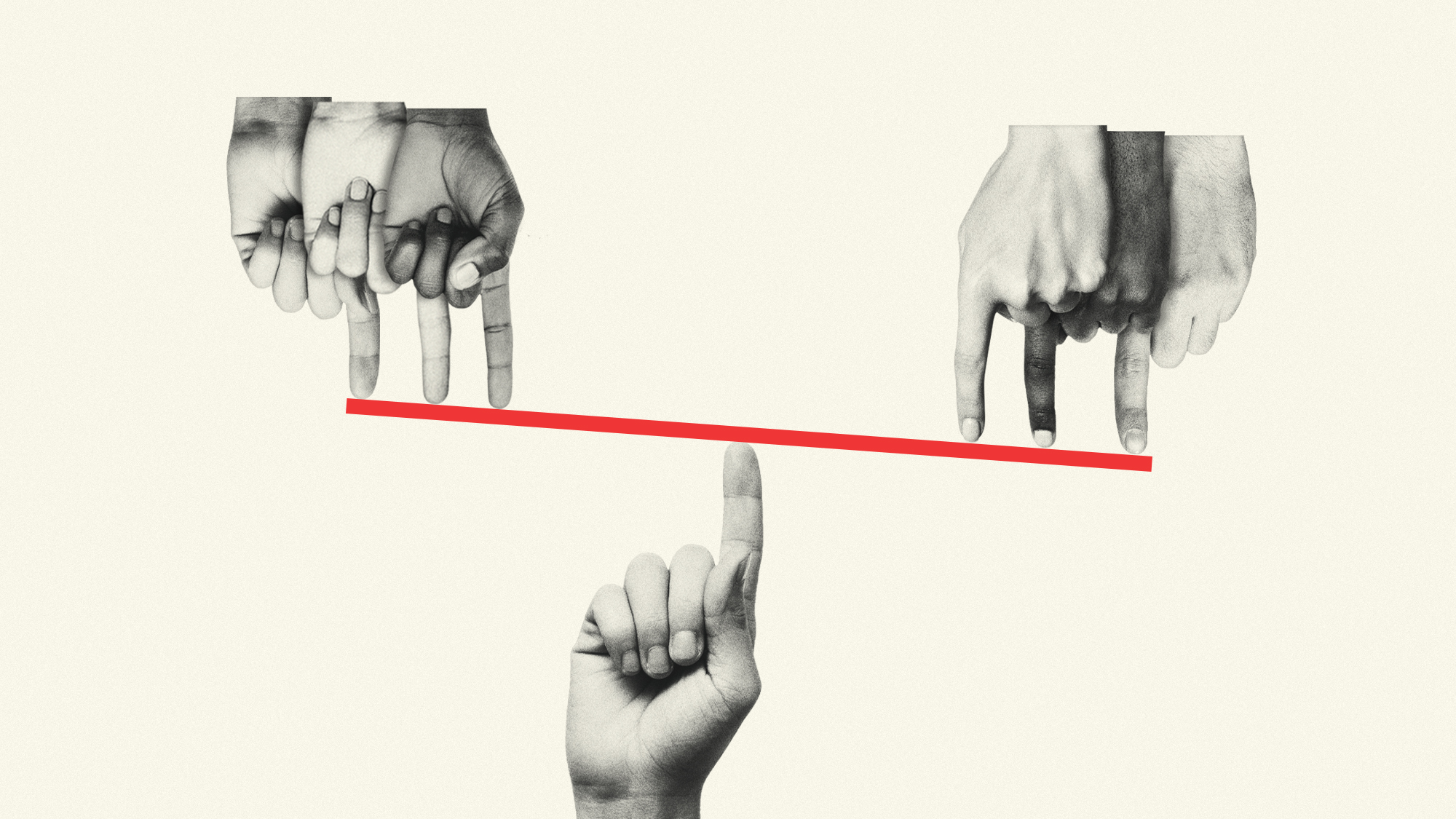Digital radio now more popular than FM
Is traditional transmission nearing its sell-by date? And is rock the new pop?

A free daily email with the biggest news stories of the day – and the best features from TheWeek.com
You are now subscribed
Your newsletter sign-up was successful
Digital radio listenership has outstripped FM and AM radio for the first time in UK history, casting the long-term future of analogue radio into doubt.
According to new figures from radio audience monitor Rajar for the first quarter of 2018, 50.9% of radio consumption came via digital receivers, apps or online players.
This represents a doubling in digital uptake since the same period in 2010, when 76% of us still preferred to tune in to traditional FM or AM broadcasts, Radio Today reports.
The Week
Escape your echo chamber. Get the facts behind the news, plus analysis from multiple perspectives.

Sign up for The Week's Free Newsletters
From our morning news briefing to a weekly Good News Newsletter, get the best of The Week delivered directly to your inbox.
From our morning news briefing to a weekly Good News Newsletter, get the best of The Week delivered directly to your inbox.
Digital and creative industries minister Margot James said the figures represent an “important milestone” for the industry, adding that the government is “completely committed to supporting radio so it continues to thrive in the future”.
The government is now likely to consider whether it needs to review the future of FM radio,” says the BBC, although black spots in digital coverage, particularly in remote areas, means it is “unlikely that the analogue network will be switched off in the foreseeable future”.
Perhaps surprisingly, given the popularity of streaming services and podcasts, live radio remains a central - and growing - part of the nation’s entertainment.
Nine out of ten of British adults said they tune in to the radio at least once a week, with the average listener consuming 20.8 hours of programming per week.
A free daily email with the biggest news stories of the day – and the best features from TheWeek.com
Other findings from the Q1 results include a surge in the popularity of rock music. Planet Rock’s audience rose by 3.4% from last year, while Kerrang!’s grew by 3.7%. Radio X drew in 262,000 new listeners - “a whopping increase of 19.9%”, says Music Week.
It was also a good quarter for commercial radio, which increased the lead over the BBC first established in 2016. Privately run stations like Heart and Magic pulled in around 36m listeners per week, compared to just over 35m for the BBC.
-
 Democrats push for ICE accountability
Democrats push for ICE accountabilityFeature U.S. citizens shot and violently detained by immigration agents testify at Capitol Hill hearing
-
 The price of sporting glory
The price of sporting gloryFeature The Milan-Cortina Winter Olympics kicked off this week. Will Italy regret playing host?
-
 Fulton County: A dress rehearsal for election theft?
Fulton County: A dress rehearsal for election theft?Feature Director of National Intelligence Tulsi Gabbard is Trump's de facto ‘voter fraud’ czar
-
 The best podcasts of 2023
The best podcasts of 2023The Week Recommends Including podcasts about showbiz insights, haunted houses and hip hop
-
 Five of the best portable radios
Five of the best portable radiosThe Week Recommends Tune into your favourite stations with these on-the-go audio devices
-
 What’s on this weekend? From The Last Black Man in San Francisco to Little Baby Jesus
What’s on this weekend? From The Last Black Man in San Francisco to Little Baby JesusThe Week Recommends Your guide to what’s worth seeing and reading this weekend
-
 Is the BBC biased?
Is the BBC biased?The Explainer The BBC rejects suggestions of a 'lenient stance' in its reporting
-
 Radio nation: 90% of Brits still tune in every week
Radio nation: 90% of Brits still tune in every weekIn Depth And commercial radio attracts more listeners than the BBC for the first time ever